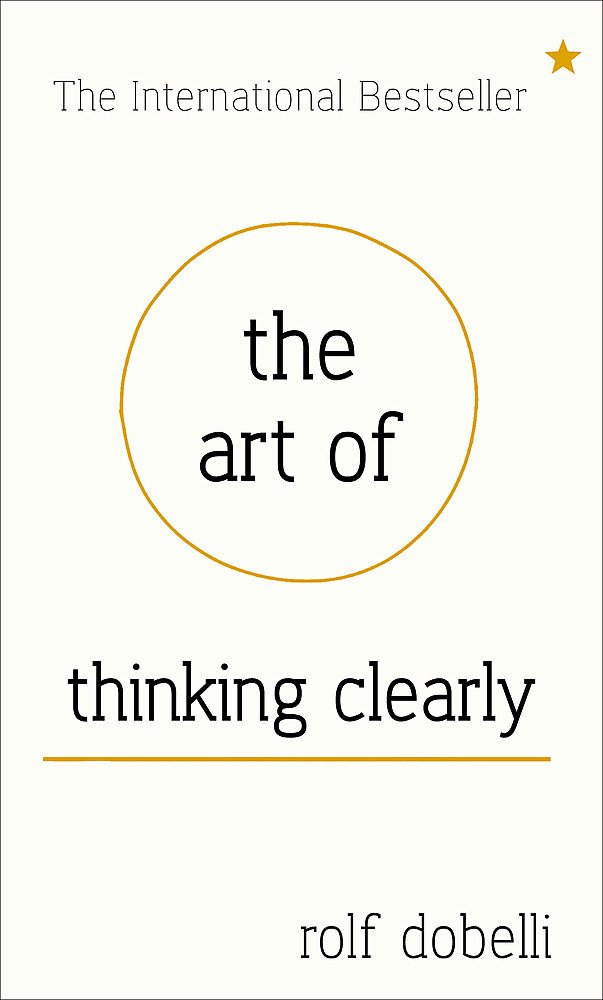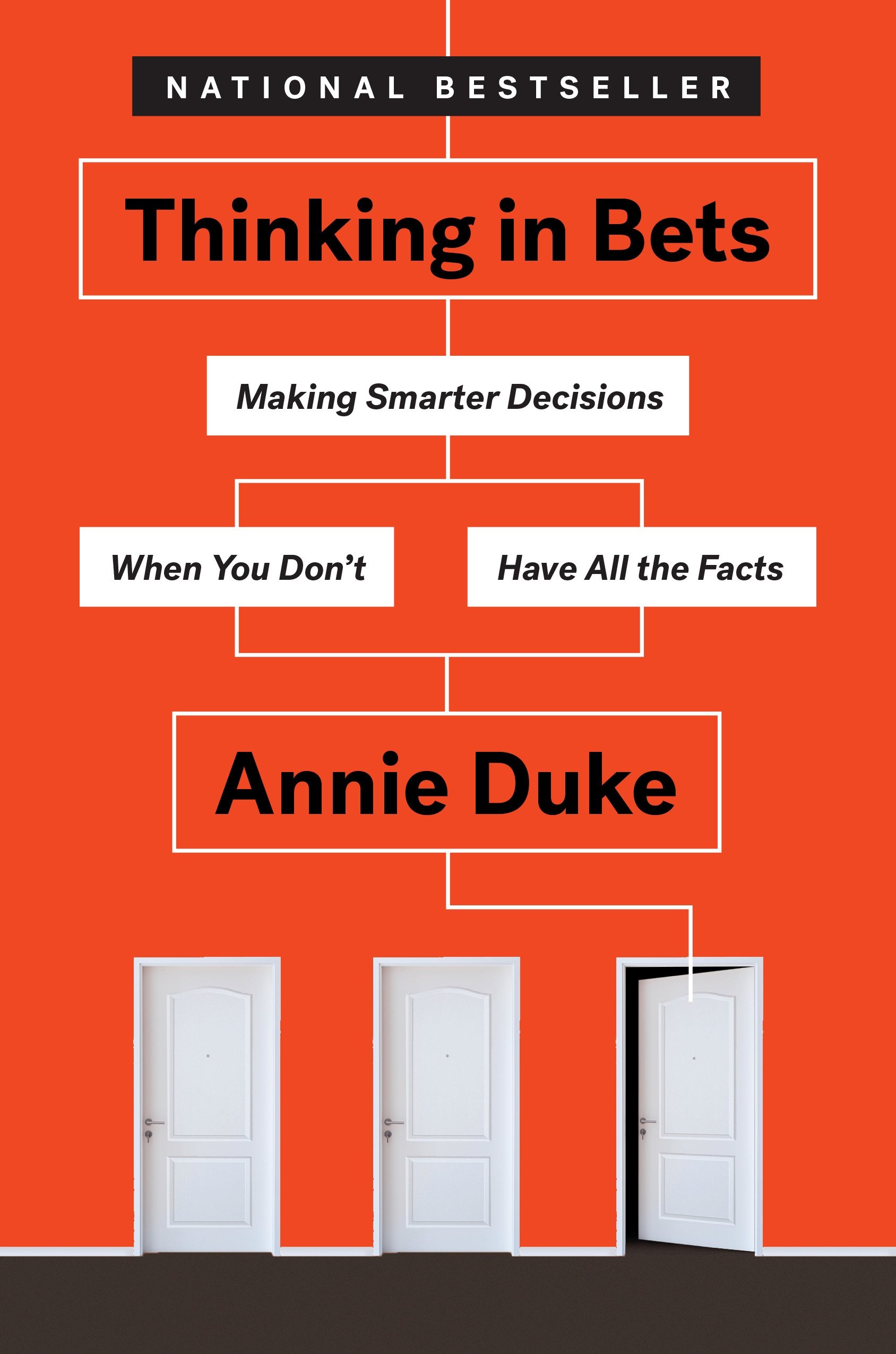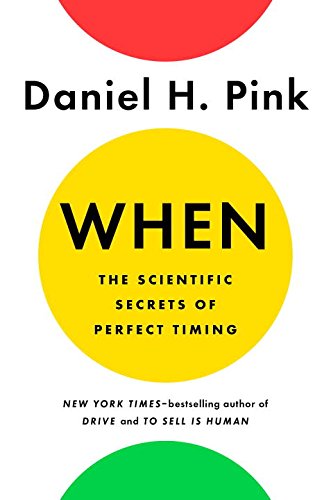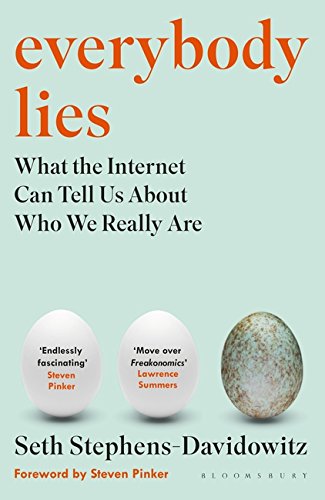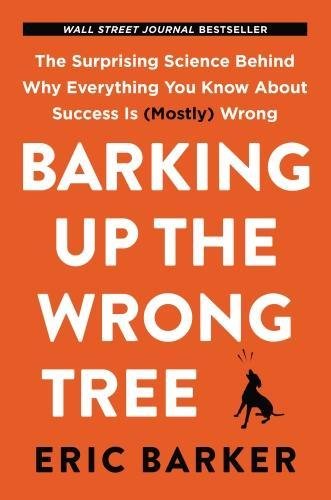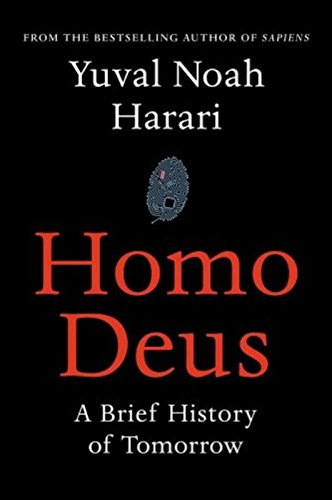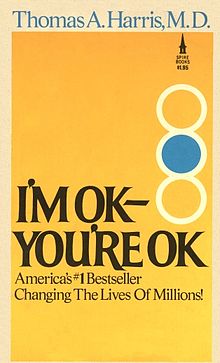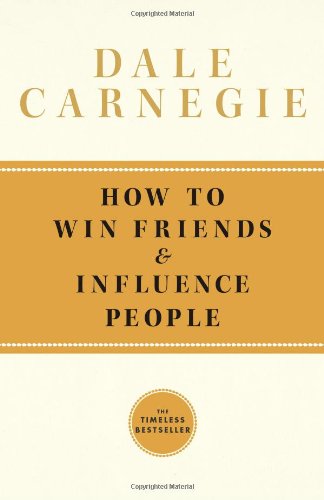Review – The Art of Thinking Clearly: The title of The Art of Thinking Clearly may provoke some wrong assumptions about the book’s content. It is NOT a self-help about mental training or concentration techniques. Author Rolf Dobelli collected a lot of logical fallacies – expectations or assumptions people intuitively make that are illogical or unhelpful – with a brief description and some typical examples for each. Originally, these were published as a weekly newspaper column. I read the German version describing 52 of those fallacies with one short chapter dedicated to each one. There is a second part with 52 more chapters which I have not read yet. The English version of The Art of Thinking Clearly condenses the content of both volumes into 99 chapters. With that out of the way, here is the review. People are bad a thinking. This is not our fault, it’s evolutionary. Bears ate all those cavemen that took too long to reflect on a situation and consider possible actions. We are descendants of people that ran when everybody else ran, agreed to the group consensus, were quick to form an opinion and had a slight tendency to panic. Today, in a world…
Review: Bad personal decisions are the leading cause of death, according to a study by Fuqua School researcher Ralph Keeney. So why should you learn making better decisions from a professional poker player, of all persons? In Thinking in Bets, author Annie Duke states that life is a lot more like poker than chess. In chess, both players have complete information. Every piece is visible to both players, and every possible next move is apparent. In poker, players know some of the cards that are in play, but have no information on which cards the opponents hold, or which card will be drawn next. Life is a lot like that, in that you can know yourself but can never be certain about which event will happen next. Making decisions in a poker game is tough, because you only have a part of the available information, and decisions in life are tough for the exact same reason. This paves the way for all sorts of fallacies: Fallacies to fall for The easiest trap to fall into is to be too sure about something. Many people know that too much sugar makes children hyperactive, that Albert Einstein failed at maths as…
Review: There’s no shortage of how-to books. There are books on how to get rich, how to be successful, how to become famous, how to be happy, how to win friends and influence people. Pink wrote a when-to book instead. When is a thoroughly researched book on chronobiology, the special effects of beginnings, midpoints and endings, and the stages of timing and synchronisation. Some people are larks, rise early and are obnoxiously high-spirited throughout the morning, but stumble through the afternoon. Some people are owls who go to bed in the early morning hours to sleep until noon. Should the workplace demand early attendance (it does), you recognize owls by their huge cups of coffee and their inability to talk without grumbling. Pink defines a third category for people who wake up moderately early, into which the majority of people falls. Your chronotype (which kind of bird you are) has huge effects on your mood and alertness throughout the day. Depending on what bird you are, and on the nature of the task, you will be more efficient at some things in the morning, while excel at other stuff in the afternoon. Most people, however, experience a significant trough in…
Review: A good coffee should be dark, intense and rich in taste, right? That’s what you and me will tell when asked. Based on consumer research, coffee companies will create new coffee roasts that are extra dark and strong and full of flavour. Then you and me are going to completely ignore those and go buy something mild, probably with a lot of milk and sugar in it. Because everybody lies. There is a difference between action and intent. We may mean what we say, but we do not follow through. What we actually do is what we really, secretly and often subconsciously mean. That is why everybody lies. When we voice our preferences and opinions, even to ourselves, we are always feeling constraints to remove the edges, to be acceptable to others, to fit in. Even under absolutely no legal or moral restrictions we adapt our opinions to what we perceive to be the public opinion, an effect known as social desirability bias. Ultimately, Everybody Lies is a book about Big Data, and about revealing the truths by mining it. Stephens-Davidowitz brings colorful anecdotes from horse races, political campaigning, sex, marketing and other fields to illustrate the power and…
Review: Many books on success out there summarize as “Look at these successful people! Study their habits and learn their ways, so you will be successful, too!”. Actually, I have reviewed a prime example here. Barking up the Wrong Tree presents a nice counterpoint and states that imitating the successful does not necessarily make successful. Instead we get a thorough analysis of perceived and real success factors, somewhat hidden beneath anecdotal evidence and academic namedropping. Did you know that good and bad traits come with the same package? The exact same factors that make people highly creative also deteriorate their moral compass and mental health. In fact, creativity is strongly associated with dishonesty and mental instability. The same factors that allow you to adapt and excel at school stop you from standing out at work. People with top grades from prestigious universities typically don’t change the world. At the top ranks of disruptive businesses you find people with kinked CVs, and a history of mediocre test results. Most schools reward conformity over genius, allowing people with top grades to easily rise to middle management, but rarely above. Barker speaks of “filtered” and “unfiltered” leaders, that either comfortably adapt into a…
The End of Strife: The four horsemen of the Apocalypse are Famine, Plague, War and Death – pop culture does not always get this right – and after defeating the first three we might now just continue and conquer Death, too, and see, where this leads us as a species. Homo Deus starts with a rather bold claim: throughout history, famine, plague and war were the central topics of human life, and recently, all three of them have been made all but irrelevant. For all of history, humans have lived a couple bad days away from starvation, a couple bad rats away from the pocks and a couple bad words away from an all-out war against their neighbours. There are still starving people in the world, but no longer because there is not enough food for them, but because letting them starve furthers someone’s agenda. We talked about his before. There are still infectious diseases in the world, but they remain local outbreaks, and we no longer perceive them as a force of nature, but rather as a consequence of our own lack of hygiene and prevention. And there are still combats fought in the world, but they are no…
Review Psychology can be hard to write about. Unlike many other topics I present here, it is almost a science, and thus deserves a lot more attention. Also, I don’t know a thing about psychology or psychoanalysis and evaluating such a book gives me a hard time. Freud postulated the threefold mind: the id (containing desires and urges), the ego (the conscious self) and the superego (the unconscious framework of rules and ethics). Transactional analysis is built on a similar but different idea, modeling the human psyche as three ego-states, of which only one is active at a time: The Parent is filled with values (or non-values) directly adapted as a very small child. This part contains mostly unconscious instructions and ideas from “Fire is dangerous” to “Non-white people are dangerous”. The Parent can cause problems, because it cannot evaluate those ideas and instructs a person to mimic their parents. This is the source of superstition, prejudice and a lot of stupidity, and also the reason why abused children often become abusive parents. The Child is also formed at a very young age, and is where emotions and spontaneity live. It is a recording of feelings as the Parent is…
Review When a book is attributed as an influence by famous and infamous people, and continues to sell this well, we can assume, that there is something to it. But how can a book this ancient be relevant today? Carnegie tries to answer the age-old question of human interaction: how can I get the other person to do what I want? “How to make friends…” is written as a workbook with four major topics (basic techniques, how to make people like you, convincing people, be a leader), each one presented as a series of short lectures. At a glance, the lessons are simplistic, and always iterating on the central themes: make other people feel important, understood and respected. If you look closer, however, then you see that this is all you actually need. Find out what your counterpart wants and needs to feel good, then give it to them and they will reciprocate. People like to create their own narratives, and you will win them by giving them the opportunity to be the hero of the story. This is the fundamental trick to improve all your human interactions, that stays valid in the digital age, maybe even more. As communication…
